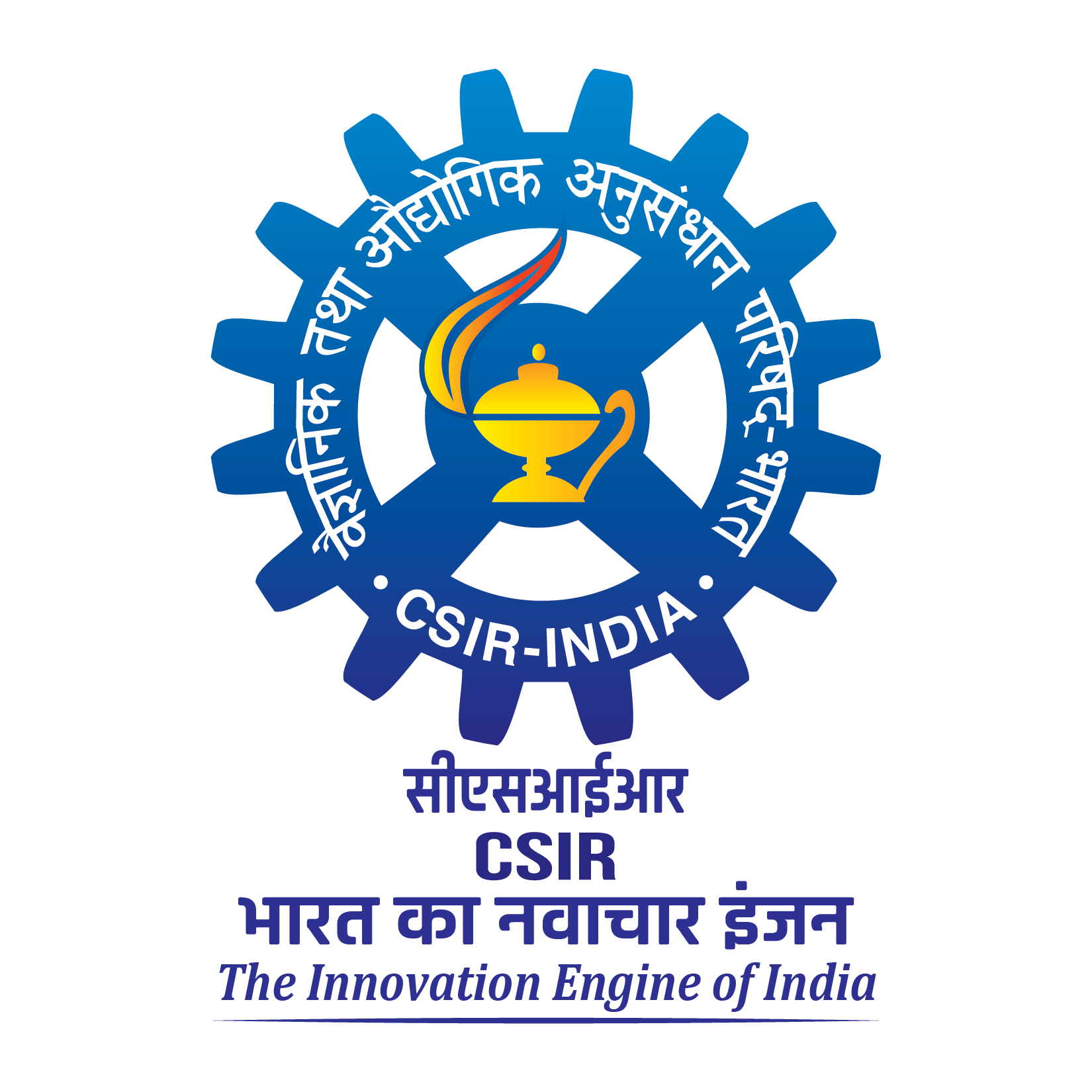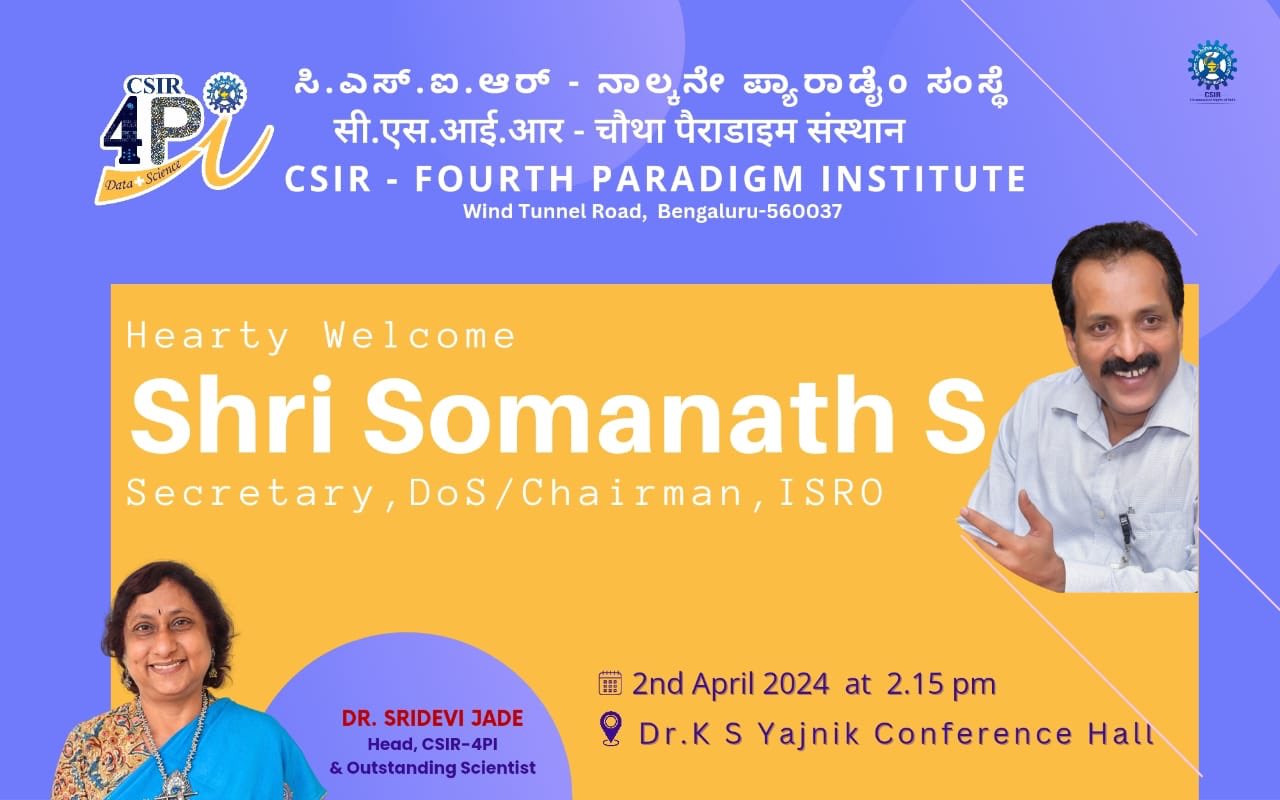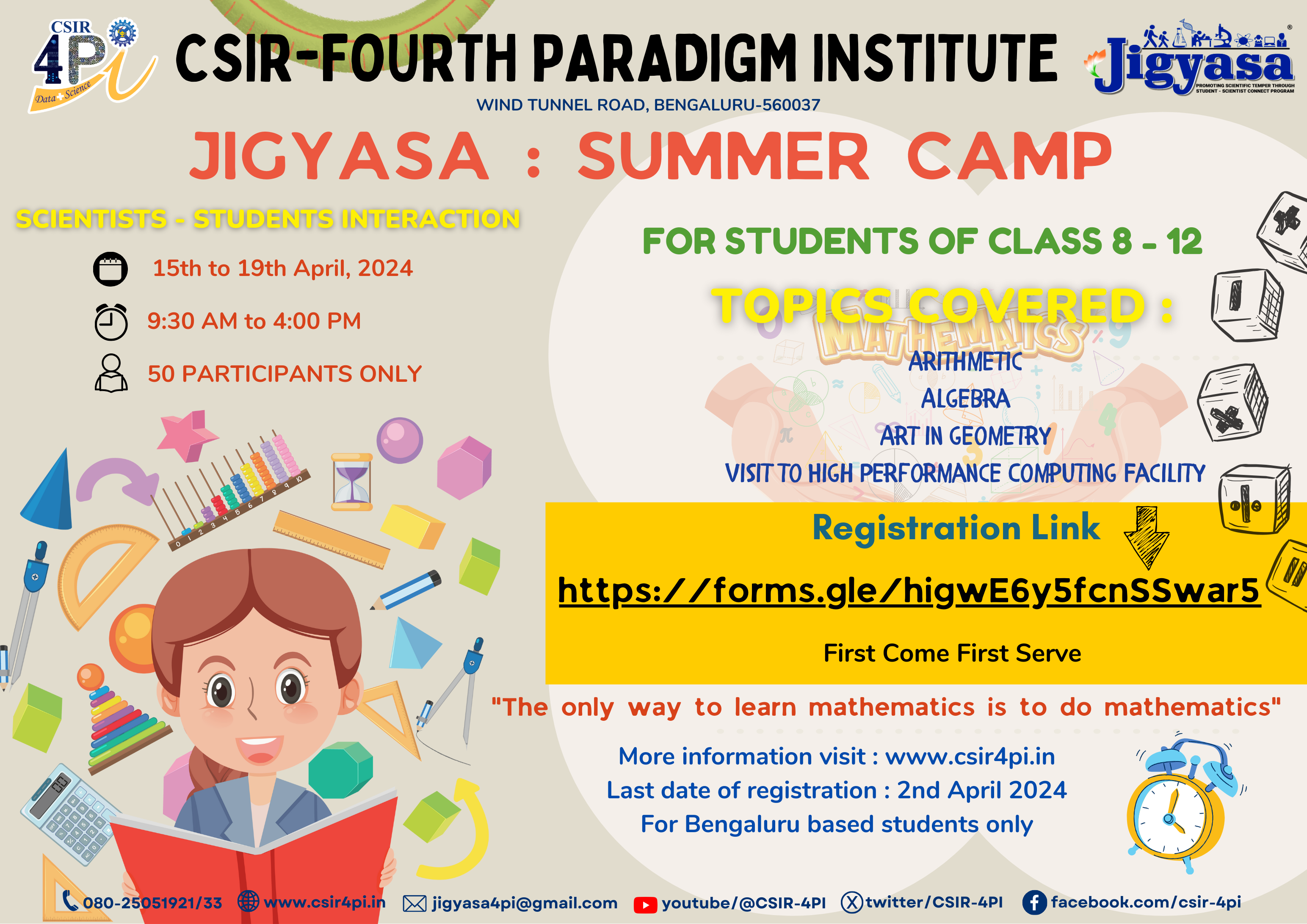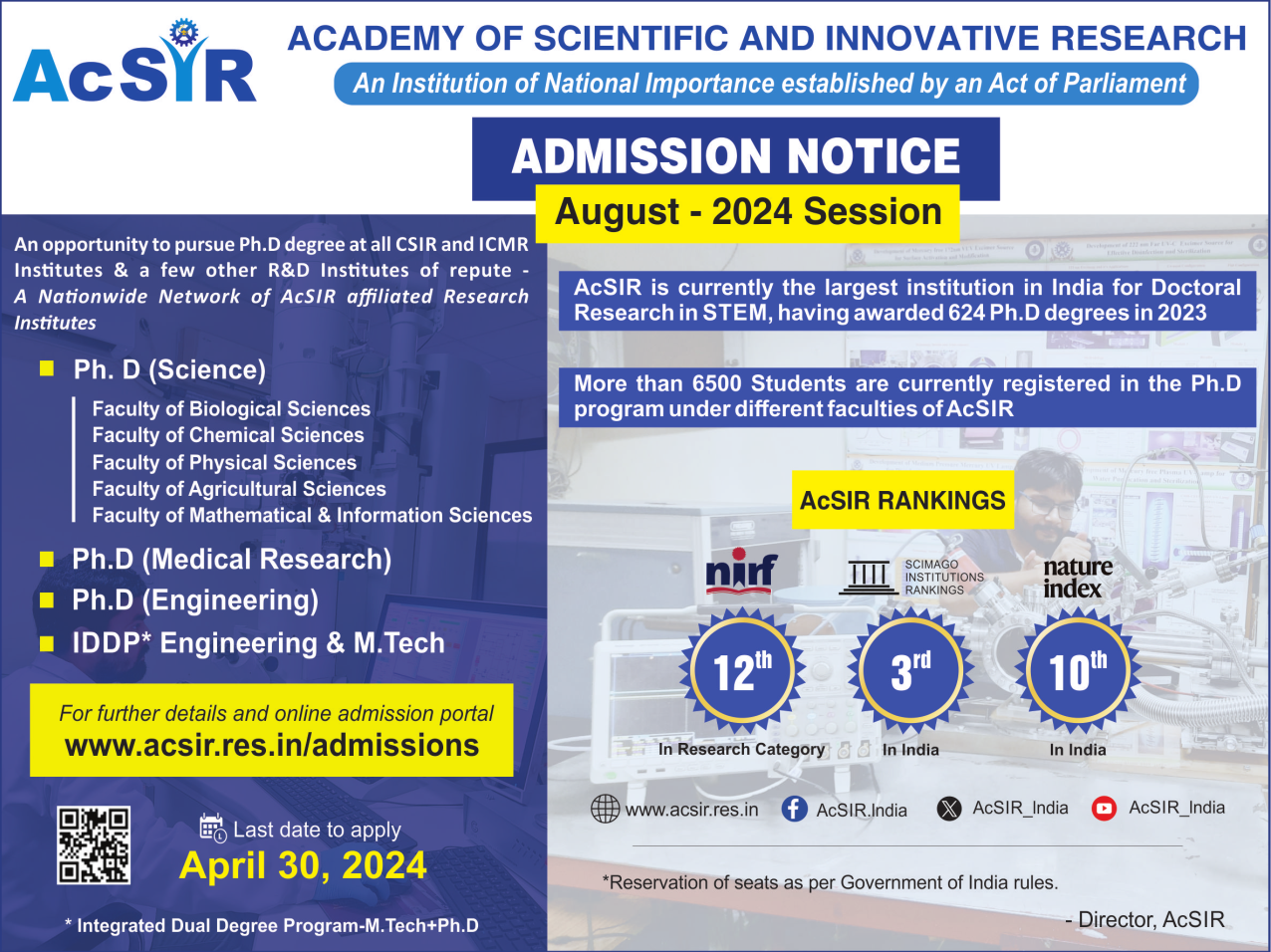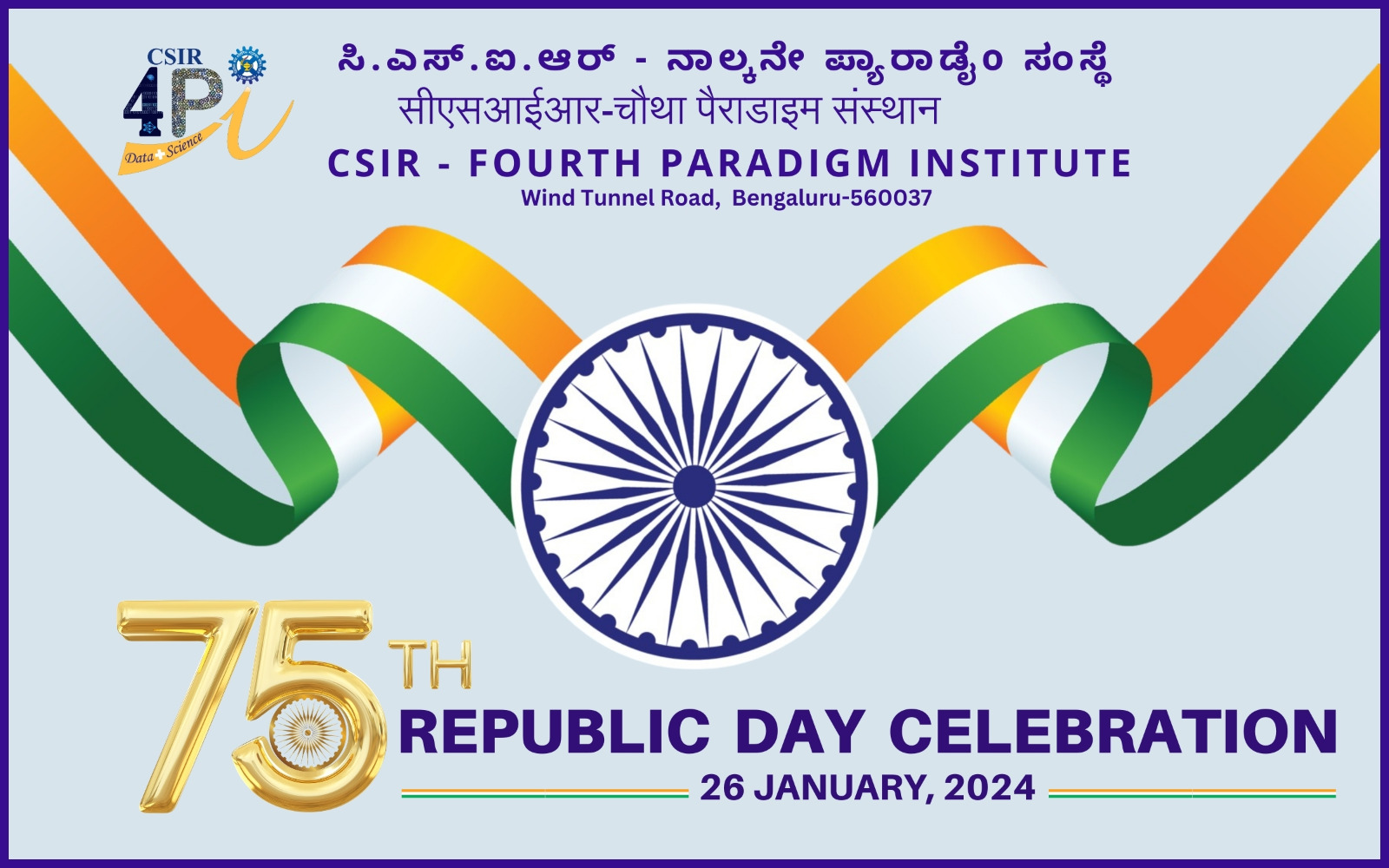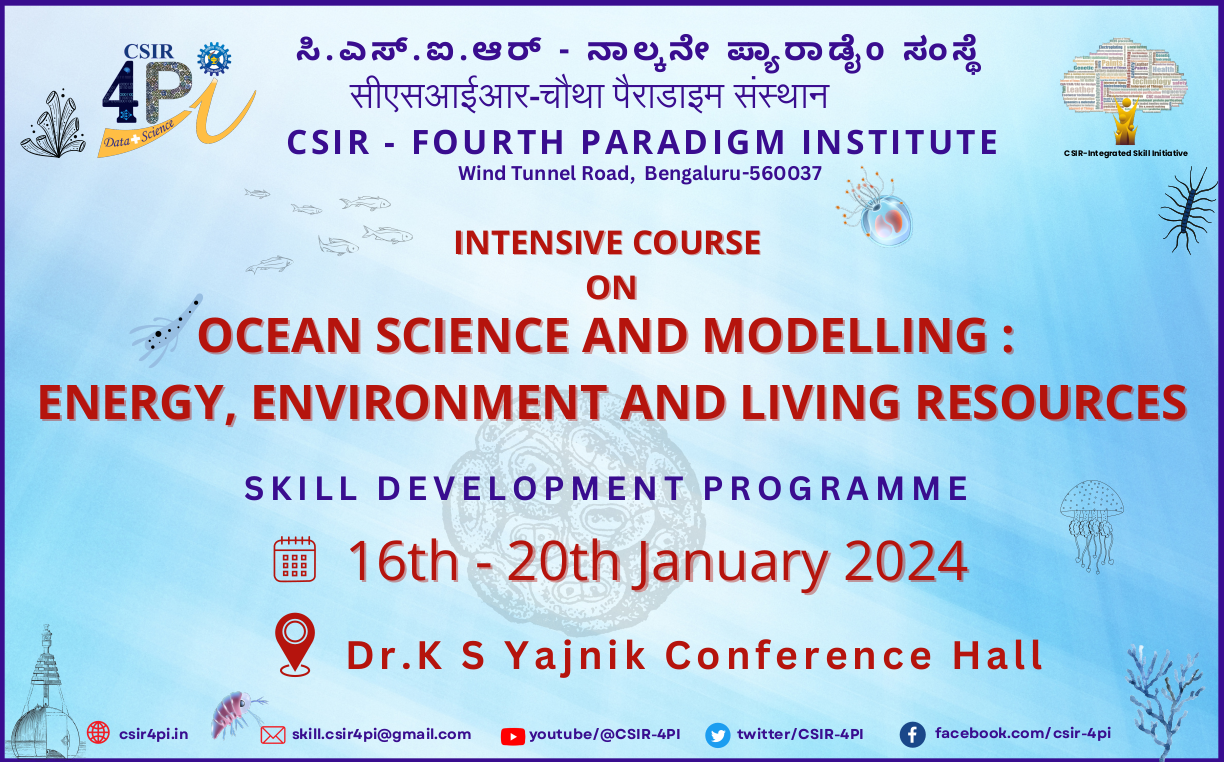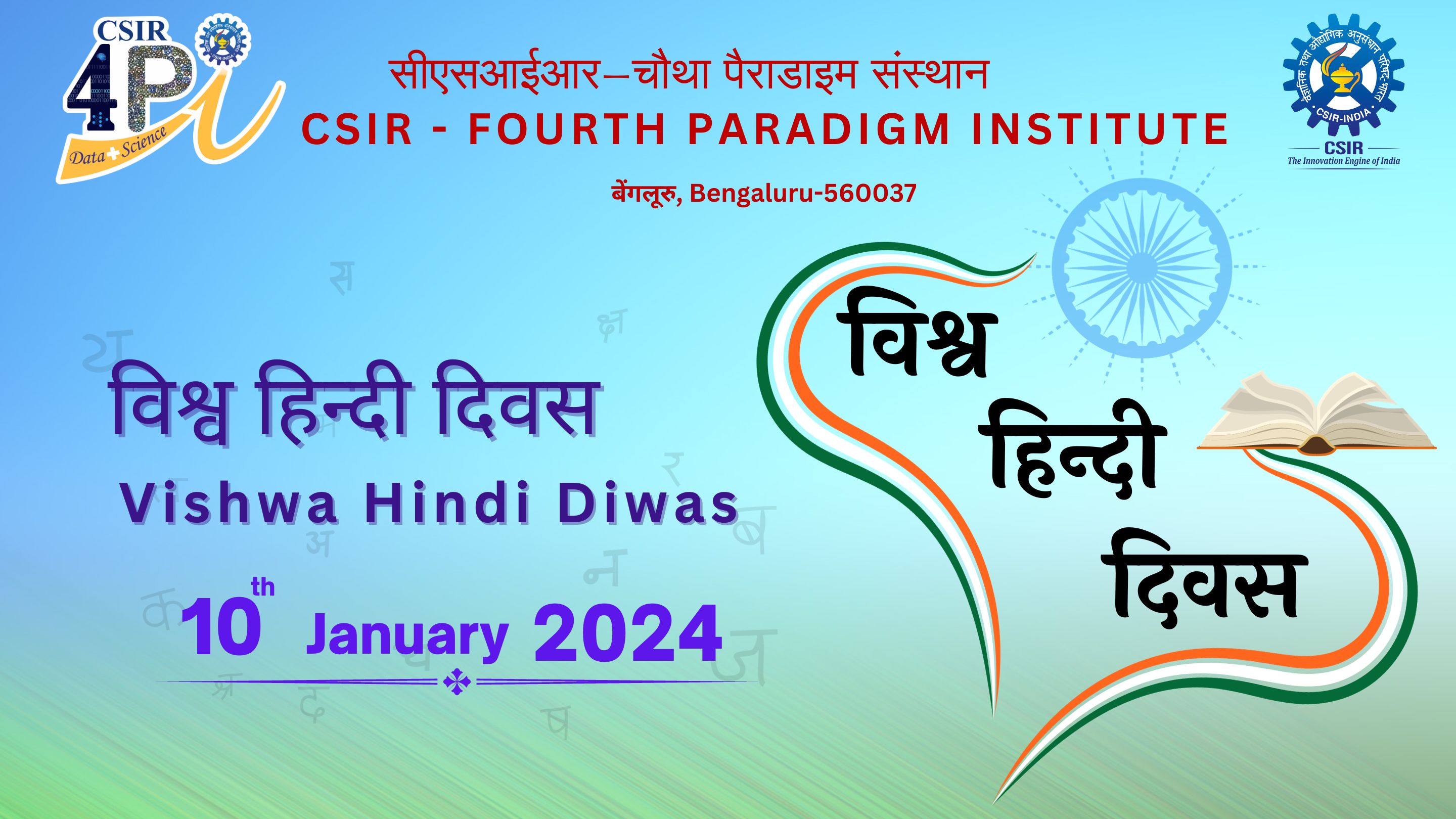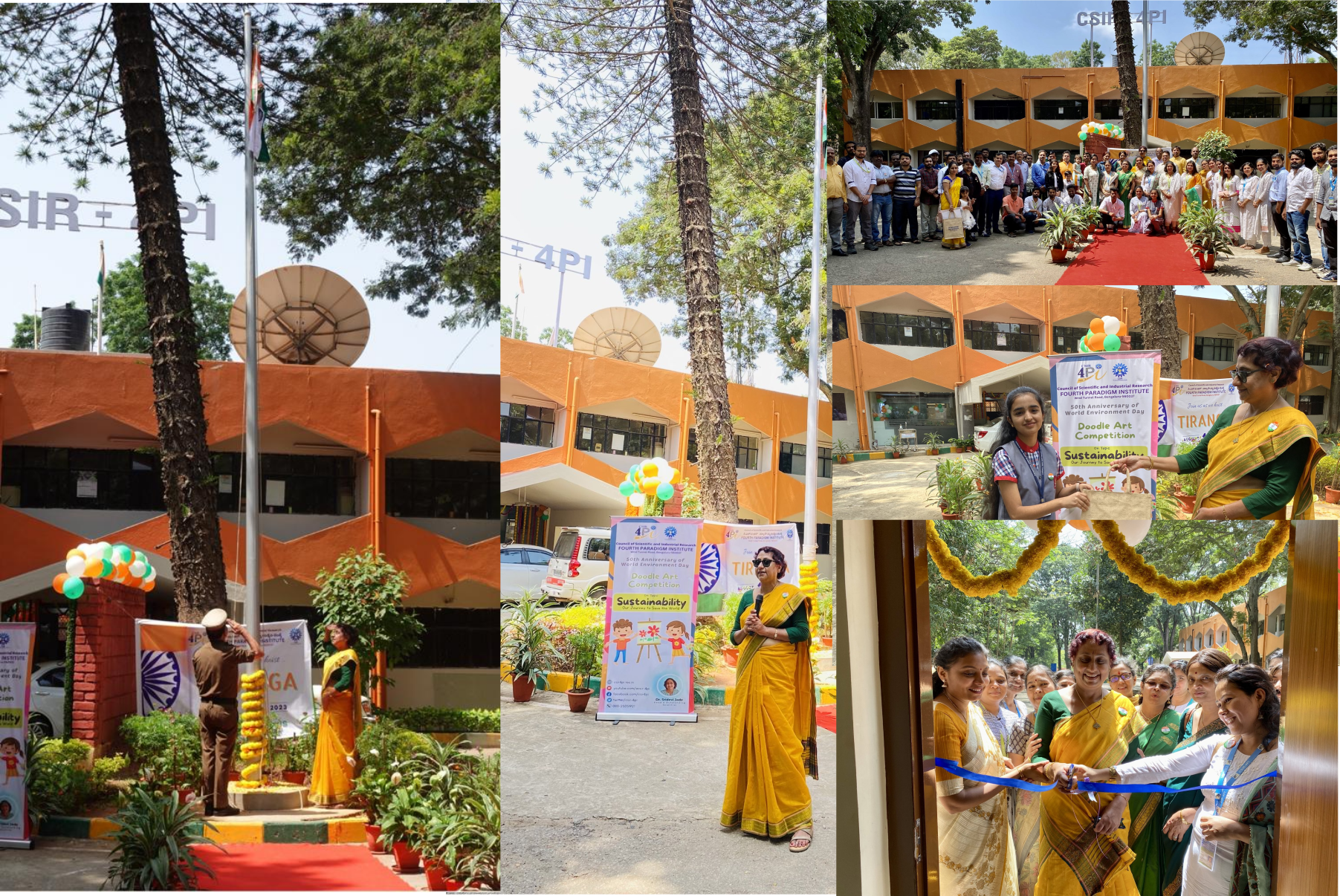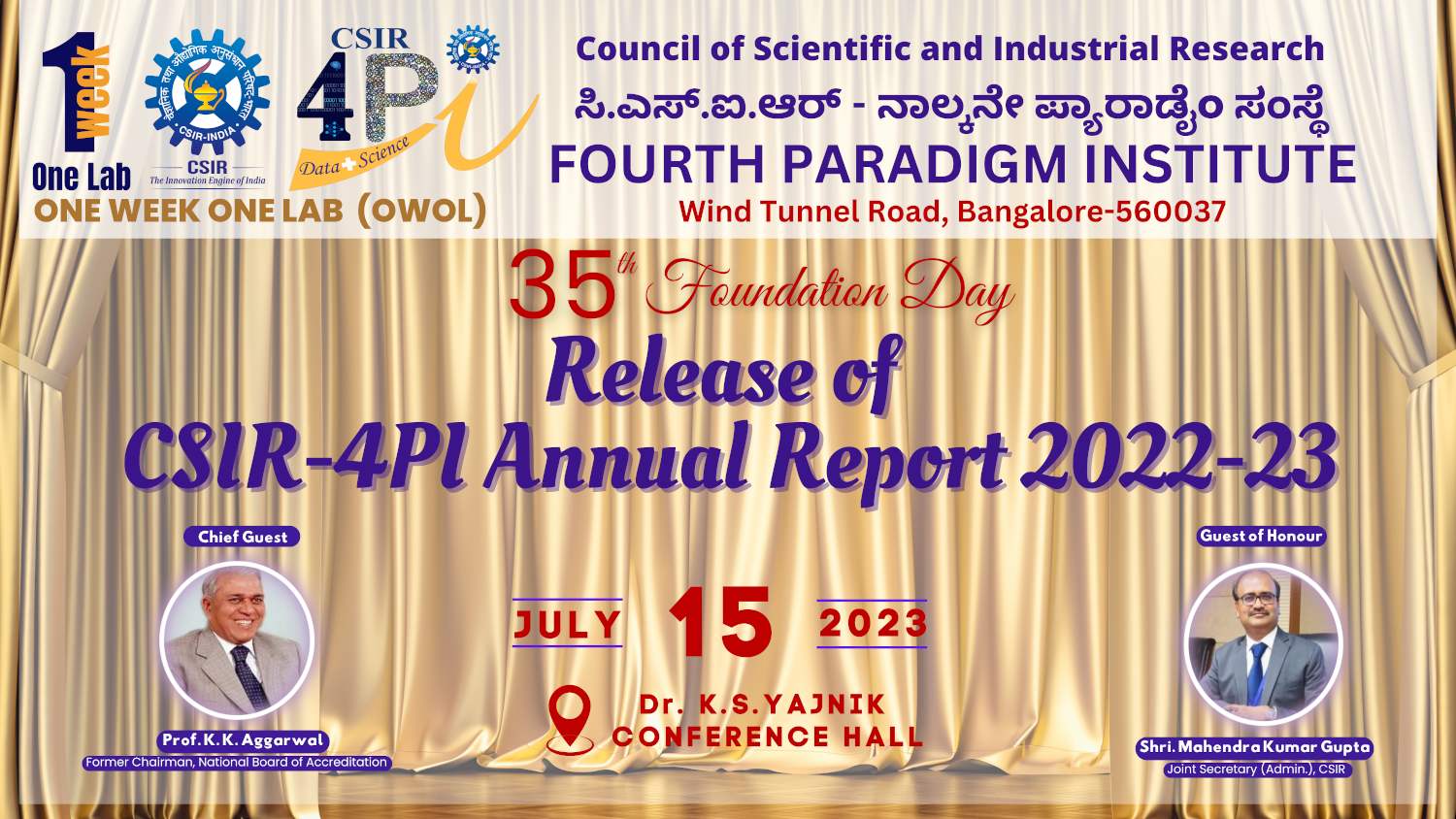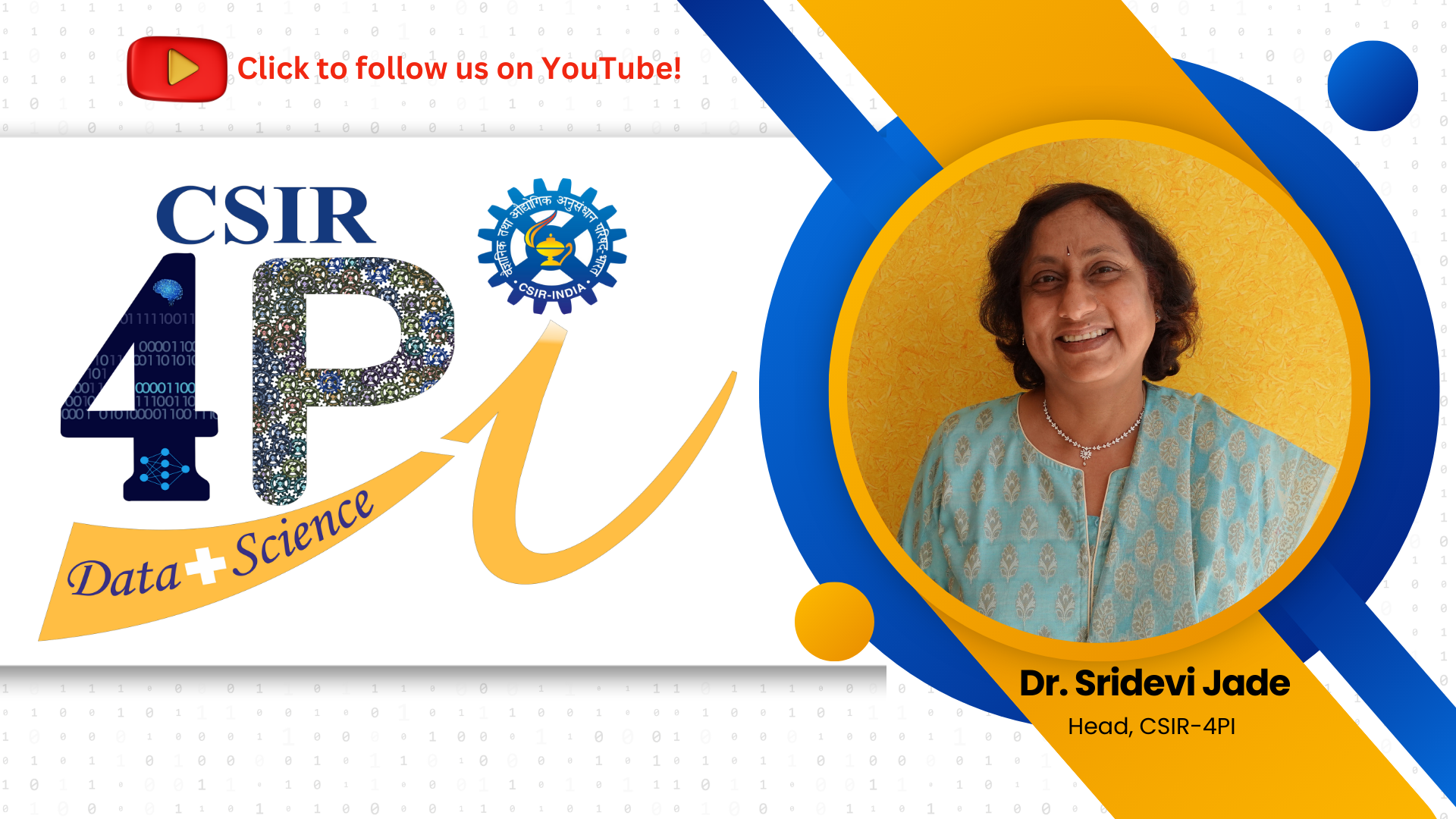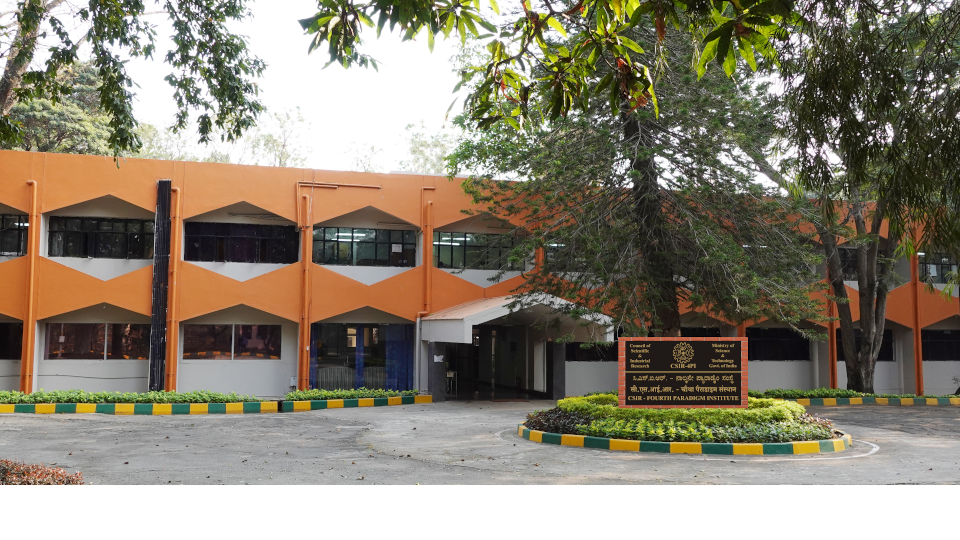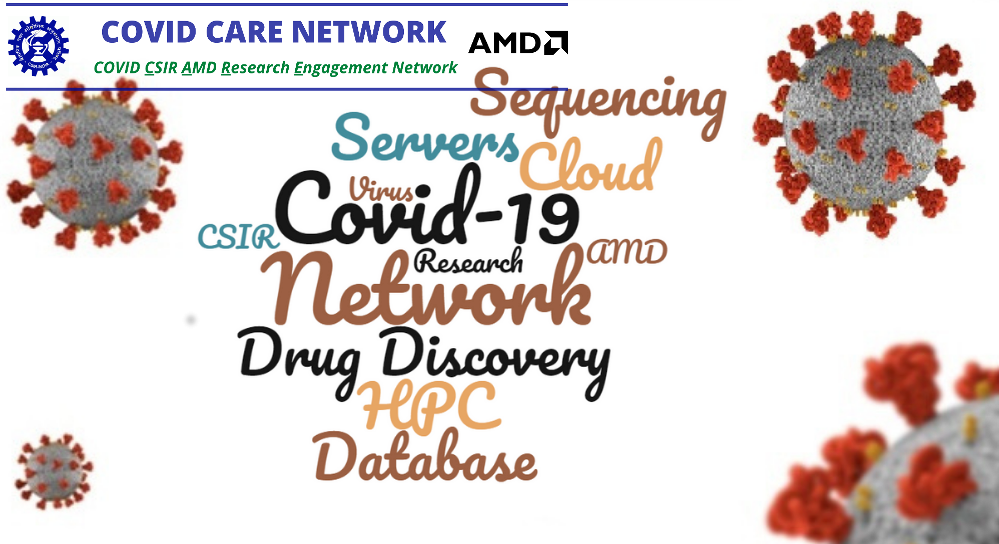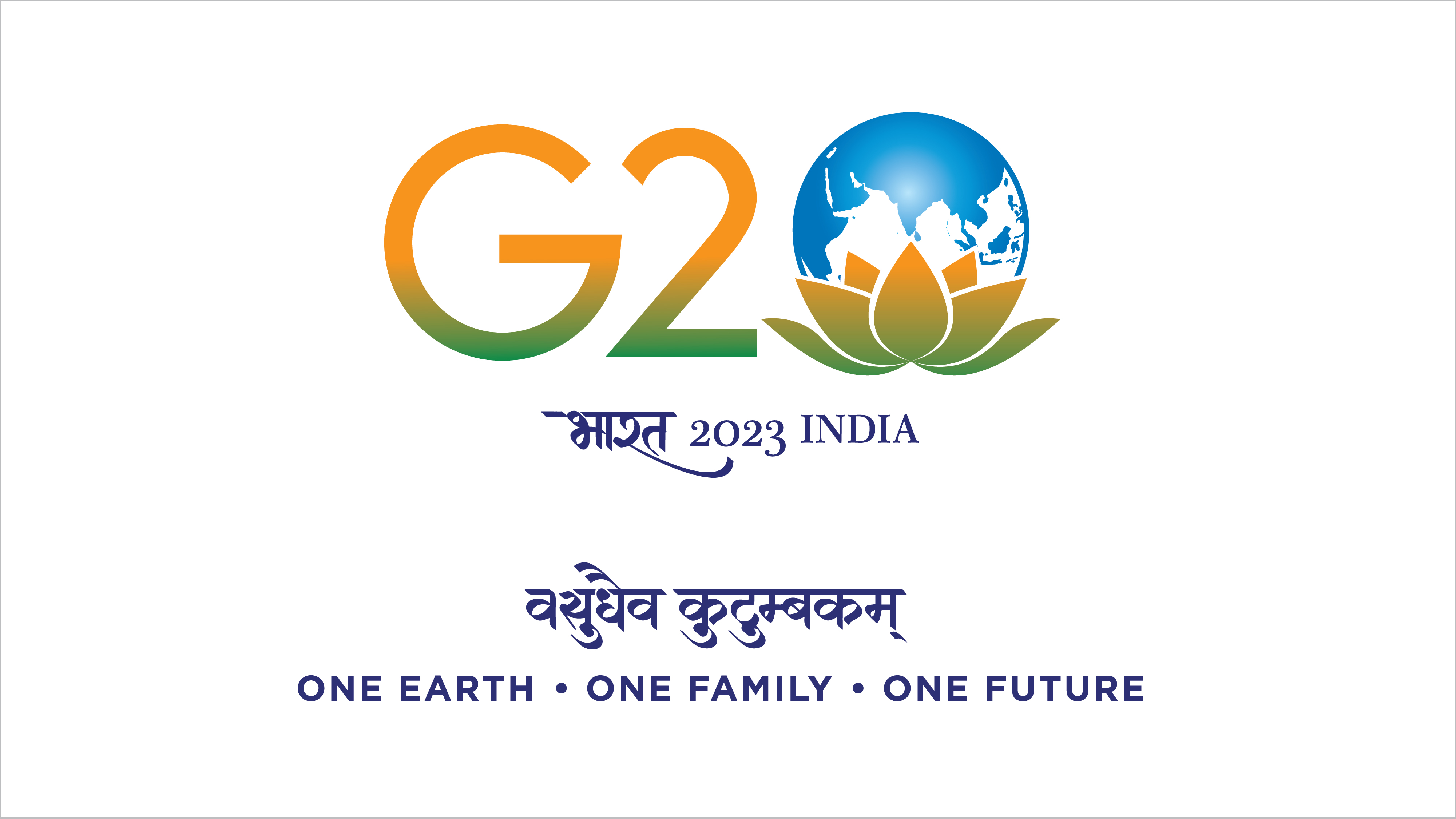by Sneh Joshi, K. C. Gouda and Prashant Goswami
Seasonal forecasts of monsoon at regional scales are critical for many applications but are rarely attempted as even the skill at all-India scale is not yet adequate. However, the conventional approach of evaluation of forecast skill for all-India seasonal monsoon rainfall implicitly assumes that the model performance is more or less spatially homogeneous. It is possible, however, that over a climatically diverse region (with large latitudinal extent), the model skill is dependent on geographical location. In particular, over land-locked regions with large orography, like the Himalayan region, the intrinsic dynamics may play the dominant role in interannual variability; this would imply that even a GCM without interannual variability in lower boundary forcing through SST may produce appreciable skill. We explore this hypothesis based on simulations for the period 1980–2003 with multiple initial conditions with an atmospheric GCM already validated at all-India scale. Multi-scale validation of seasonal forecasts is carried out at regional (Uttarakhand) to station scale over Central Himalaya with multi-source observations. In accordance with our hypothesis and for realizable forecast skill with an atmospheric GCM, the simulations are conducted with climatological monthly SST. At regional (Uttarakhand) scale, the interannual variability in composite observation and ensemble simulation are correlated at 99% significant level, with phase synchronization of about 75%. At station scale, also the skill is found to be non-trivial, especially with respect to gridded observations. Our results thus provide an effective methodology for seasonal forecasting at regional scale over certain geographical locations.
Source: https://link.springer.com/article/10.1007%2Fs00704-019-02971-0
